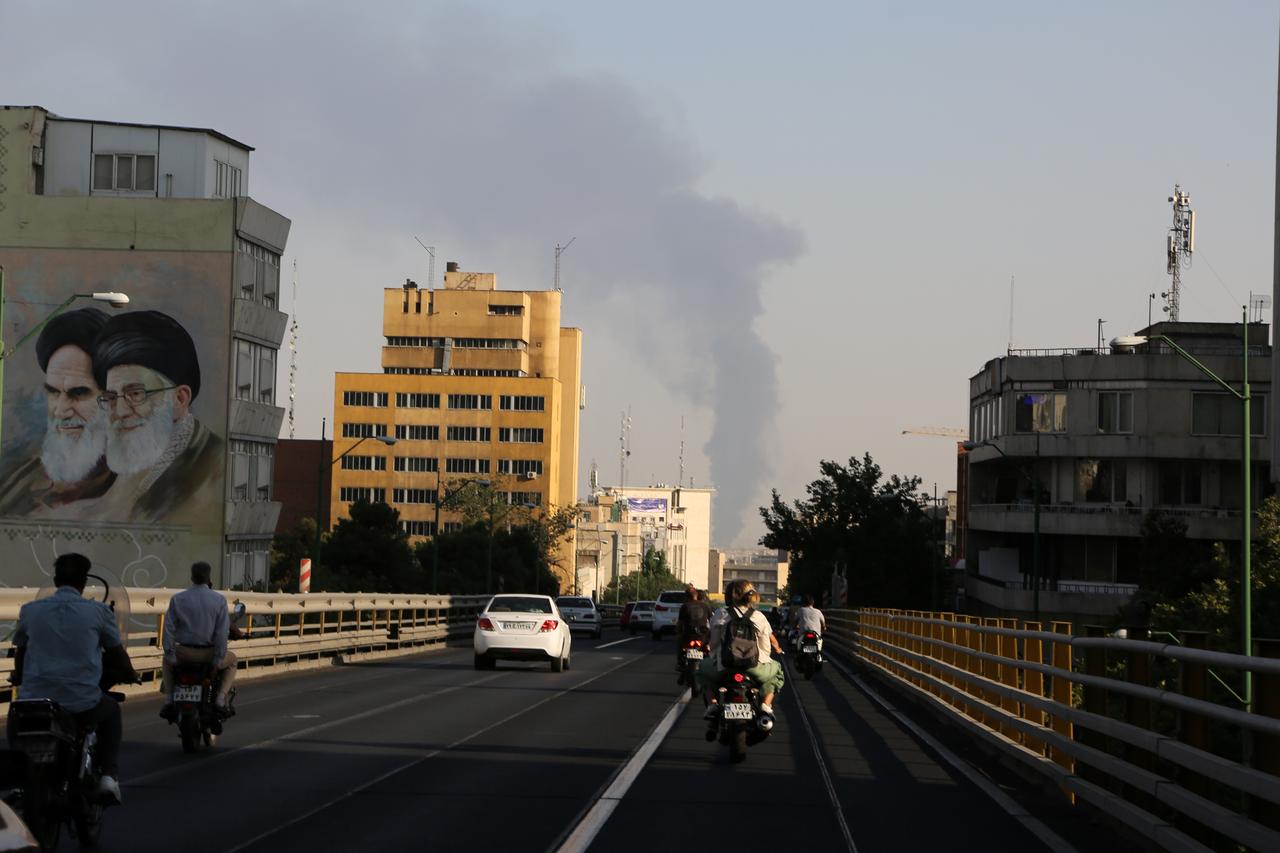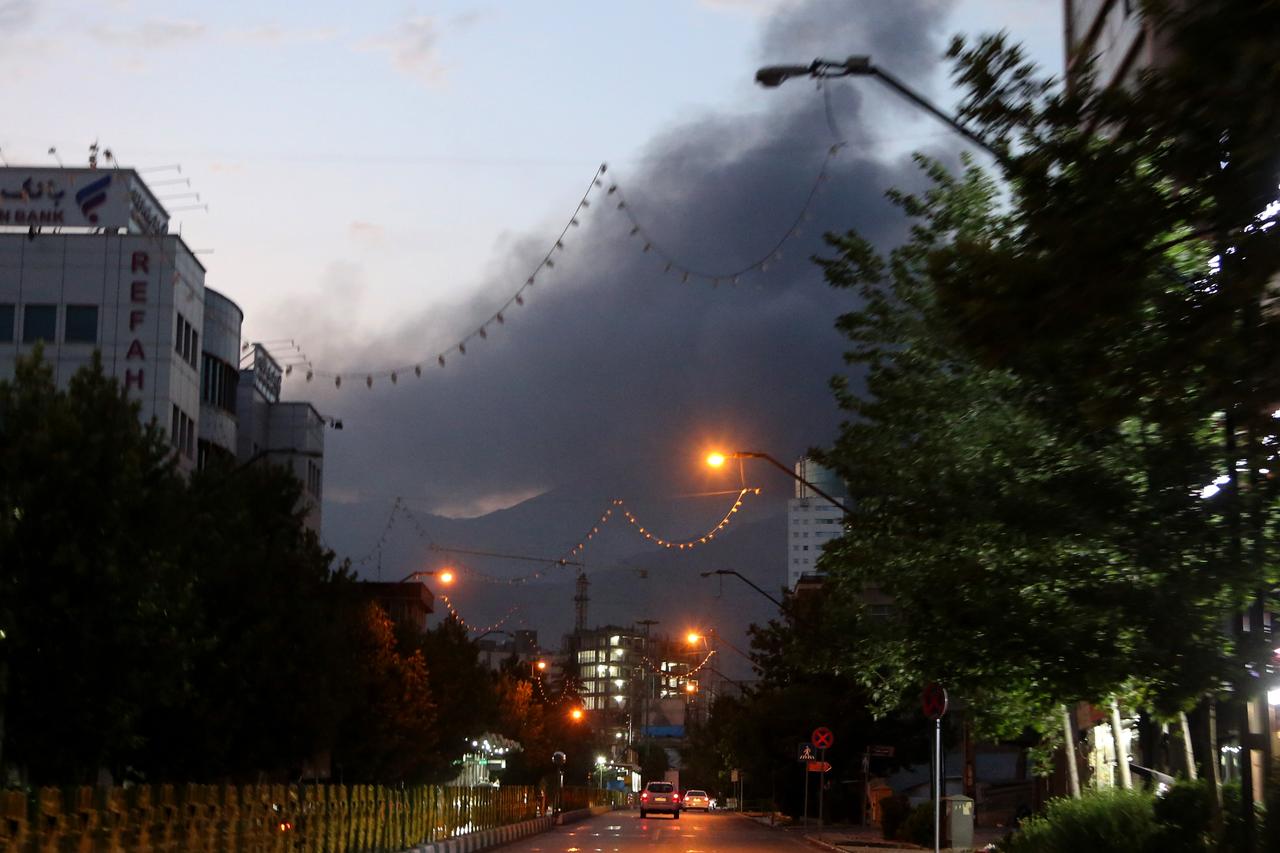
Israeli experts say the chances of overthrowing Iran’s government through external military pressure are slim, warning that ongoing attacks could backfire by shifting global attention away from the humanitarian crisis in Gaza and rallying internal support for Tehran’s leadership.
Despite Israeli strikes reportedly weakening Iran’s missile capabilities and slowing its nuclear program, analysts argue the broader strategic objectives—such as regime change—are unlikely to be achieved.
Alon Liel, former charge d'affaires at the Israeli Embassy in Ankara and a former director-general of the Foreign Ministry, told Anadolu Agency that prior to the strikes on Iran, Israel was facing a “tsunami of international criticism” over its actions in Gaza.
However, he said the strikes on Iran had reversed the momentum, with European nations expressing support for Israel and global focus shifting to Iran.
“Even if Israel doesn't declare it, toppling the Iranian regime is another goal,” Liel said.
“I don’t think we can fully eliminate their nuclear ambitions, but we can delay them. Whether a grassroots opposition will form against the regime depends on the Iranian people.”
Liel emphasized that while Israel’s military campaign has damaged Iran’s nuclear infrastructure, it is not a permanent solution.

Gideon Levy, a columnist for Haaretz known for his criticism of Israel’s occupation policies, also spoke to Anadolu about the conflict’s implications.
“We don’t know how close Iran really is to nuclear weapons. Israel claims it’s very close. If that’s true, then this operation could be seen as legitimate,” Levy said.
He noted that Israeli Prime Minister Benjamin Netanyahu, who has long prioritized halting Iran’s nuclear progress, saw a window of opportunity after Hezbollah’s strength was reduced and with strong U.S. support in place.
“I consider this a dangerous adventure. We’re still in the middle of it, and we don’t know how it will end,” he said.
Levy pointed to Israel’s bombing of an Iranian state television station as evidence of broader objectives beyond nuclear concerns.
“Israel bombed Iran’s television station. That’s about regime change—because a TV station has nothing to do with nuclear capabilities,” Levy said. “Uranium isn’t produced or enriched at a TV station. They did it because the station symbolized the regime.”
Hostilities began on June 13 when Israel launched coordinated airstrikes on multiple sites across Iran, targeting military and nuclear infrastructure. Tehran responded with retaliatory missile strikes.
According to Israeli authorities, at least 25 people have been killed and hundreds injured in Iranian missile attacks. In Iran, the Health Ministry reports 430 deaths and more than 3,500 injuries as a result of the Israeli assault.